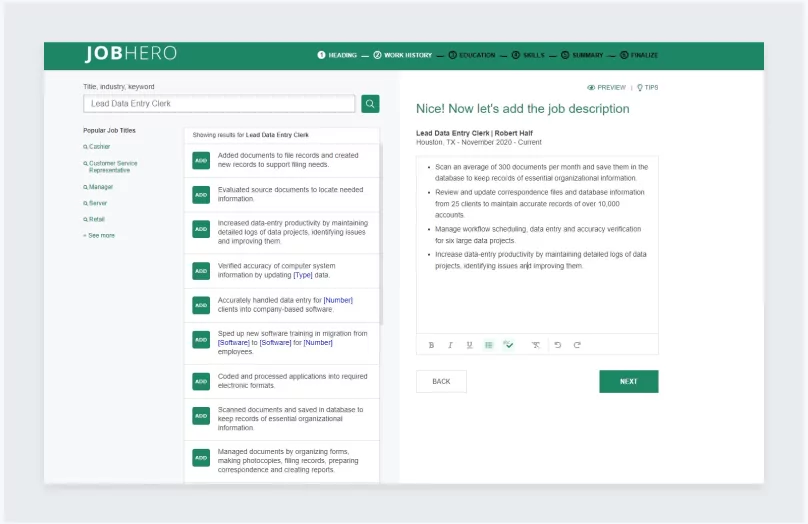What is a MIS Executive?4 minute read
An MIS Executive – or Management Information System Executive – is responsible for planning, coordinating and directing all computer-related activities within an organization. They help determine the company’s information technology goals, and are responsible for implementing computer systems to meet those goals. MIS Executives typically work in an office setting and spend much of their time working on at a computer station. MIS Executives typically work a traditional 9-to-5 schedule. Their specific job duties and responsibilities are directly related to the size and goals of their employer.
According to the Bureau of Labor Statistics, demand for MIS Executives, who are categorized as Computer and Information Systems Managers, is expected to grow 15 percent through 2024, amounting to more than 5,370 annual openings from the creation of new positions and existing positions becoming available as workers retire. Candidates who have extensive experience and solid knowledge of the most current technology, along with the processes to implement it, will be favored for openings.
Want to add value to your job application? Using a professional cover letter builder can help you stand out from the competition. Use ours to build a stand out letter that will get you noticed.

Create your professional resume in just minutes.
- Choose from 20+ recommended templates
- Add pre-written experiences, skills and summary
- Download and send
MIS Executive Duties and Responsibilities
Development and Design of Computer Systems
Hardware and Software Management
Research and Evaluation
Staff Management
Digital Security Management
MIS Executive Skills
Known for their strategic thinking, successful MIS Executives have the ability to survey the unique technological tasks ahead of them and make the best decisions to achieve the specific goals of their employer. In addition to this generalized skill set, employers are seeking MIS Executive Candidates with the following skills.
Core skills Based on job listings we surveyed, employers desire MIS Executives with these core skills. To achieve success as an MIS Executive, focus on the following.
- Analyze problems and discover the best ways to solve them
- Develop and implement strategies to achieve organizational goals
- Communicate clearly to superiors and give understandable instruction to subordinates
- Allocate resources effectively to reach organizational goals
- Lead and motivate teams to promote efficiency and effectiveness
Advanced skills The following skills are listed as preferred, not required. However, having these types of skills will strengthen your career options as an MIS Executive.
- Proven ability to successfully manage a team of several subordinates
GO PRO
Choose from fully customizable
GET PAST THE BOTS
Ensure compatibility with Applicant Tracking Systems
LOOK YOUR BEST
Save time with sleek and stylish professional design templates

MIS Executive Salary
MIS Resources
We perused the Web to discover some of the top industry resources to help you continue researching a career as an MIS Executive. From helpful websites to industry leaders, this list is sure to help you learn, connect and engage.
On the Web
Baseline MagazineThis resource offers MIS Executives a wealth of informative articles, insights on trends and a place to communicate with other professionals in the industry.
Computer WorldComputer World blogs cover a range of topics including security, operating systems and servers and data systems.
Data Center KnowledgeDCK is a leading online source for IT professionals that covers the vast landscape of the data center industry.
Industry Groups
Association of Information Technology ProfessionalsAITP’s goal is to use professional development, IT education and national policies relevant to IT that improve society in general to advance the IT profession.
Information Systems Security AssociationISSA’s goals are focused on the protection of critical information and infrastructure, management of technological risk and advancing the individual growth of the cybersecurity professional.
MIS Executive Books
Managing Risk in Information Systems, 2nd edition by Darril GibsonThis resource offers a comprehensive overview of risk management in relation to IT infrastructures and compliance, as well as handson activities to help the reader understand things such as the fundamentals of risk management.
Building Successful Information Systems: Five Best Practices to Ensure Organizational Effectiveness and Profitability by Michael SavoieA guide to building successful information systems that will serve your organization well.
MIS Executive Resume Help
Explore these related job titles from our database of hundreds of thousands of expert-approved resume samples:



